The Flat Steel Panel of Steel Summit 2025, organized by SteelRadar, brought together the most important names of the Turkish steel industry to discuss the current challenges and opportunities in the sector. Moderated by Asuman Gürsoy, Secretary General of SOGAD, the panel discussed in detail issues such as steel production, trade policies, energy costs and green transformation in flat steel.
“Investment in Steel Service Centers is Essential”
The first speaker of the panel, Ahmet Soybaş, Assistant General Manager of Soybaş Demir Çelik, drew attention to the need for the development of steel service centers in Türkiye. Soybaş stated, "End users expect quality and affordable prices together. However, companies in Türkiye are not yet able to offer the required capacity in steel service centers (SSCs). Important steps should be taken in the next 15 years for the development of ESCs." He also noted that obtaining an industrial registry certificate is still a major challenge for ESCs and emphasized that this problem needs to be solved.
“Pressure on Energy Costs is Increasing”
Borçelik Domestic Sales Manager Bülent Özgür Koruyucu pointed out that energy costs constitute a major obstacle for the sector. “95% of energy consumption is consumed before the product arrives at our facility,” stated Koruyucu, adding that electricity and natural gas costs constitute the biggest expense items in the production process. In this context, he added that they accelerated their renewable energy investments and increased their production with solar power plants.
“Türkiye's EAF Model is More Environmentally Friendly”
Galex Steel International Foreign Trade Manager Genco Bolaca emphasized the environmental advantages of Türkiye's EAF (electric arc furnace) production model. "Carbon emissions are much lower in EAF production compared to the BOF (blast furnace) model. With 35 million tons of carbon emissions per year, Türkiye is following a much more environmentally friendly model compared to China's 2 billion tons of carbon emissions," he stated. Stating that China is also trying to increase the use of EAF, Bolaca stated that there is a target of 60% EAF use by 2050.
“Trade Strategies Evolve Towards Localization”
Gülçin Şimşek, Sales and Marketing Director at Tat Metal, emphasized the need to increase trade, especially with Latin American and African countries. “It is important for Türkiye to stand firm in its domestic market with strict dumping measures, while pursuing a more flexible and adaptive strategy in exports,” she stated. Şimşek also emphasized the need to increase investments in areas such as green steel production and digitalization.
“Factory and Trader Relationship is Challenging”
Hakkı Can Şaylan, Managing Partner of Noven Çelik, made a remarkable comment on factory and trader relations. "Factories communicate directly with customers through ESMs. However, we observe that traders try to sabotage this situation. It would be more beneficial for factories to cooperate with traders instead of selling to customers," he stated.
“Protectionism and Uncertainties in Europe”
Kutay Ülkü, Trade Manager at Tata International, stated that protectionism policies in Europe and low capacity utilization rates are the challenging factors in the sector. "The European Union aims to reduce carbon emissions by closing some steel mills. But the European steel industry is undergoing a major transformation to achieve these goals," Ülkü noted. Ülkü added that Europe is in a tendency to reduce domestic production by increasing steel imports.
“Turkish Steel Industry is Going Through a Challenging Period”
Kürşad Aynas, Pipe Profile and Secondary Manufacturers Segment Sales Manager of Çolakoğlu Metalurji, stated that the Turkish steel industry has experienced serious fluctuations in the last 5 years. Stating that global protectionism policies and increasing energy costs have increased the difficulties in the sector, Aynas also drew attention to the stagnation in local demand. "It is very important for steel producers to work together, government support and strategic planning. Otherwise, the sector may face further challenges," he stated.
CBAM and Decarbonization are the Next Big Challenges
Aynas also assessed Europe's plans to introduce a carbon tax from January 1, 2026. "Europe is not yet ready for the CBAM (Carbon Border Adjustment Mechanism) transition. Companies in Türkiye are unprepared for this. I think this process should be postponed," he noted, noting that Europe may prefer to outsource its steel production.
The Flat Steel Panel of Steel Summit 2025 discussed in depth the challenges faced by the Turkish steel industry and the measures to be taken against these challenges, and offered important insights into the future of the industry.


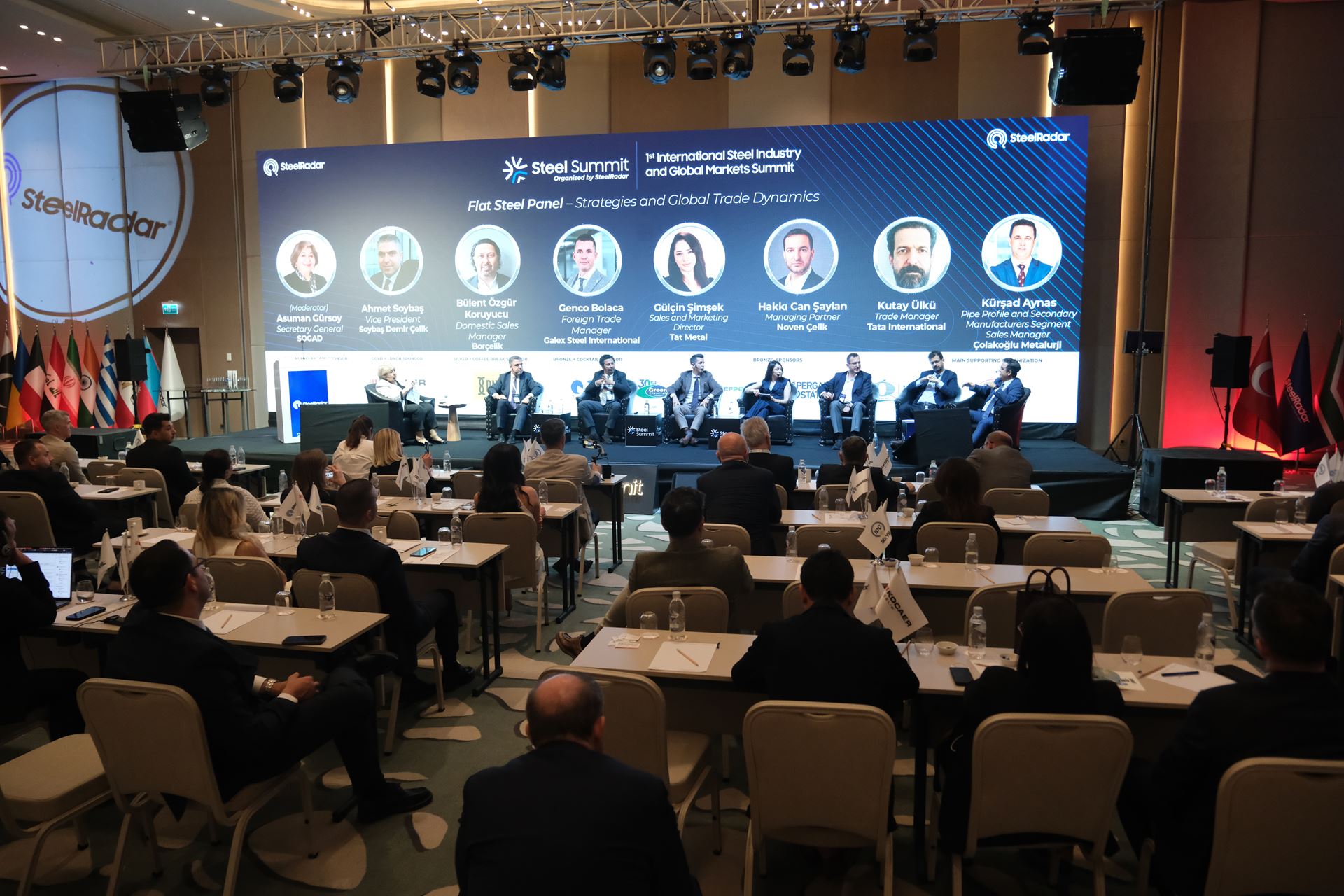

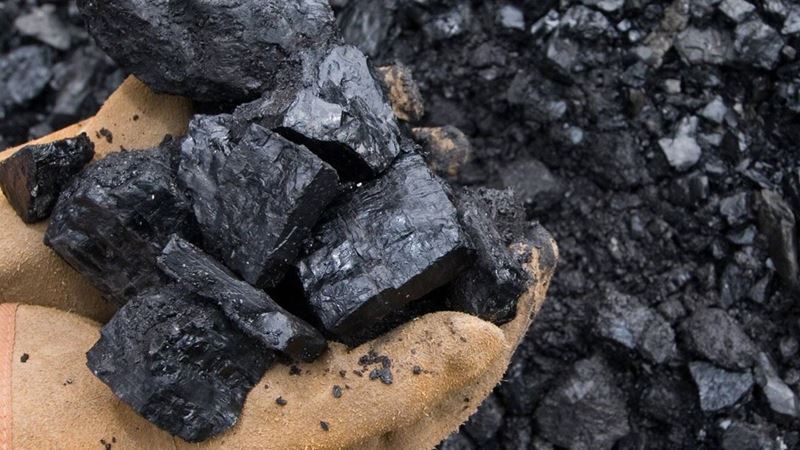
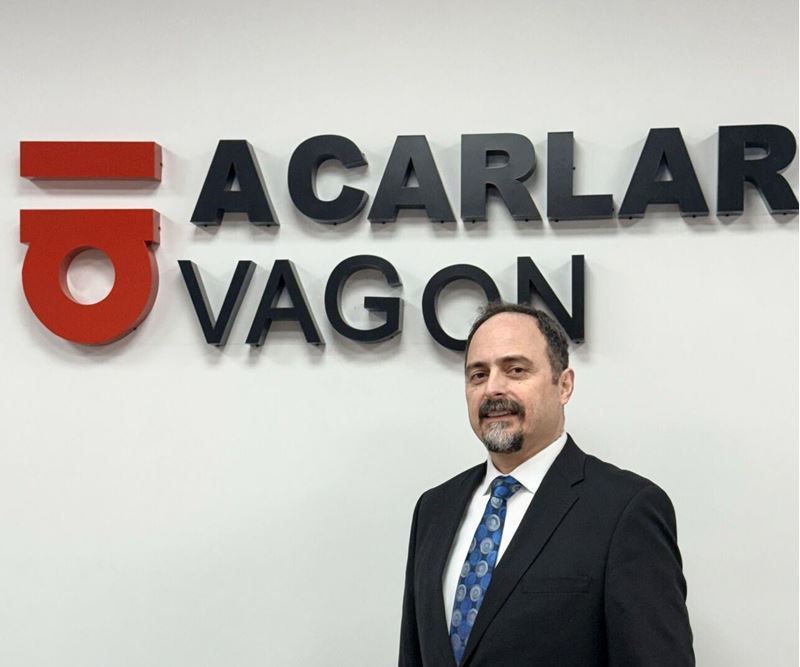
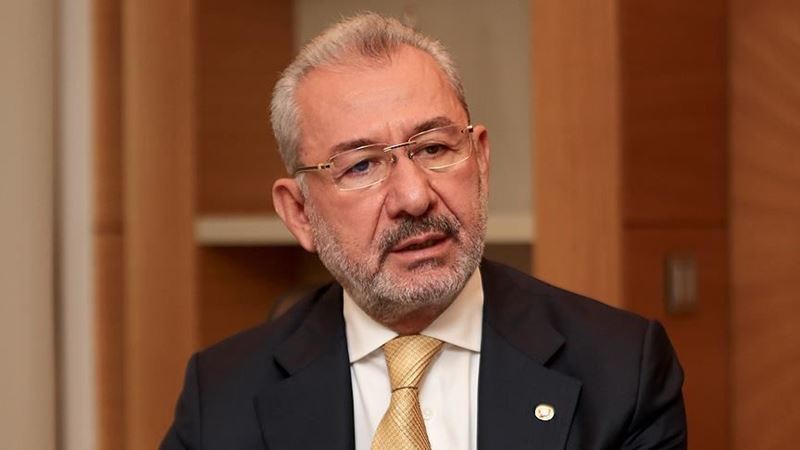
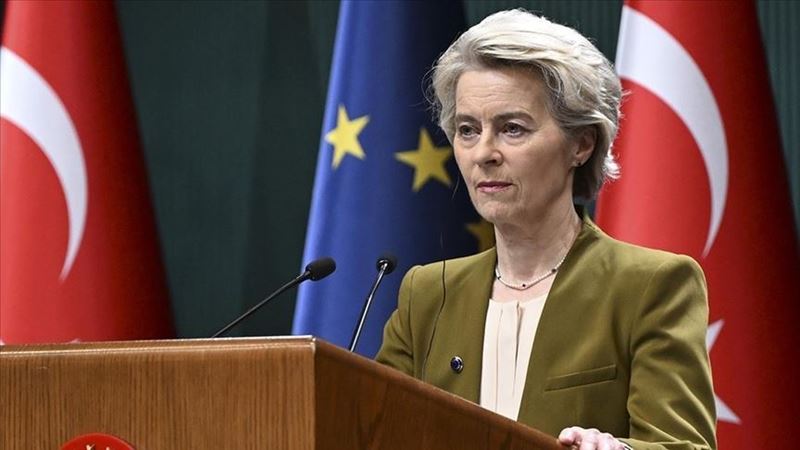
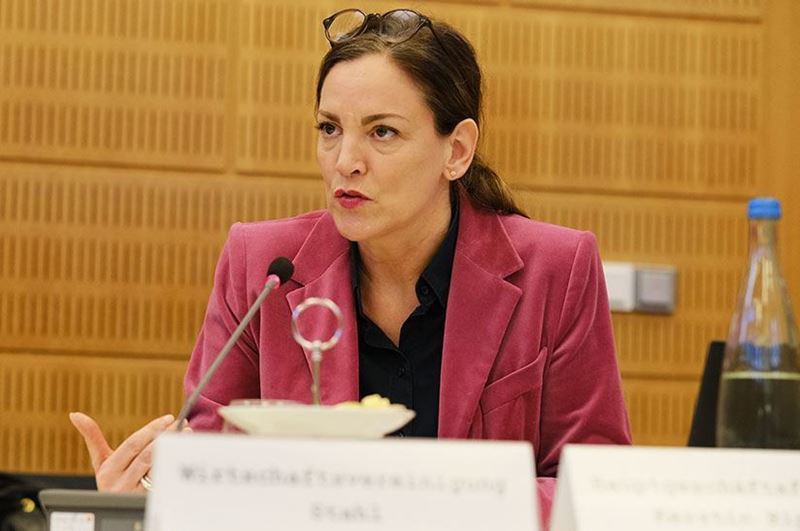


Comments
No comment yet.